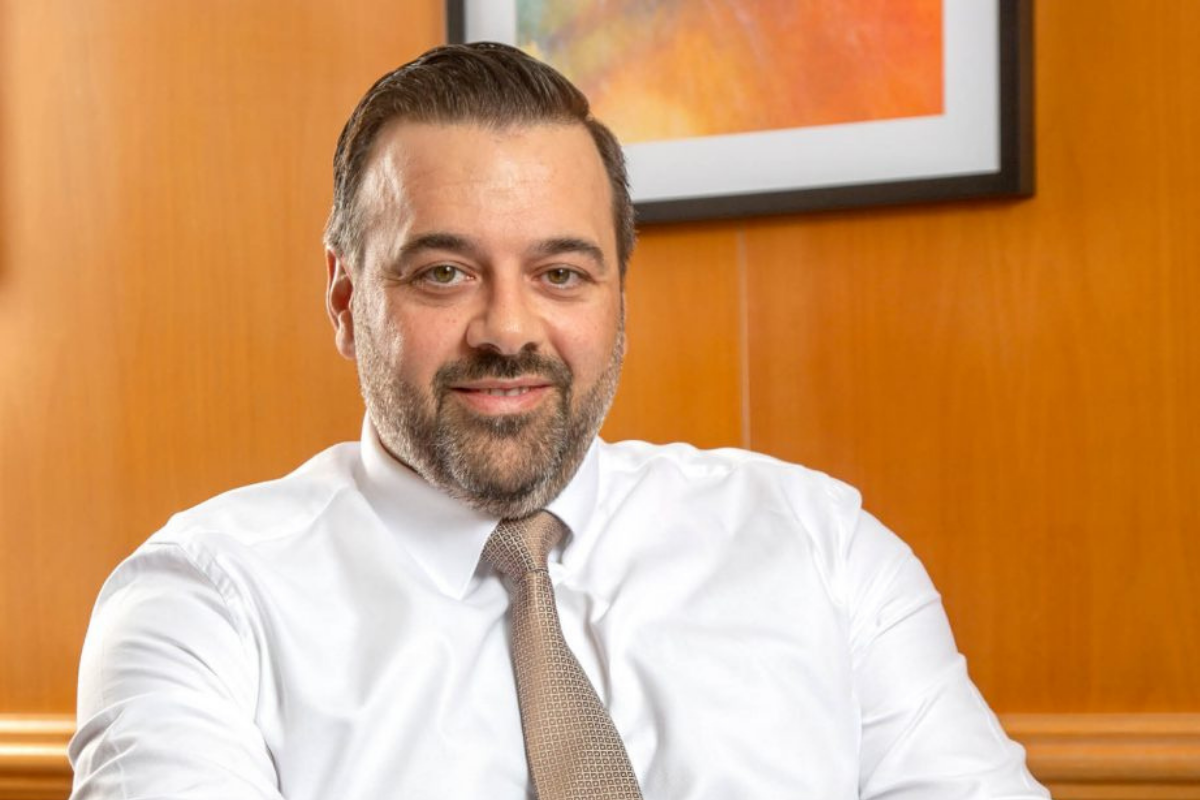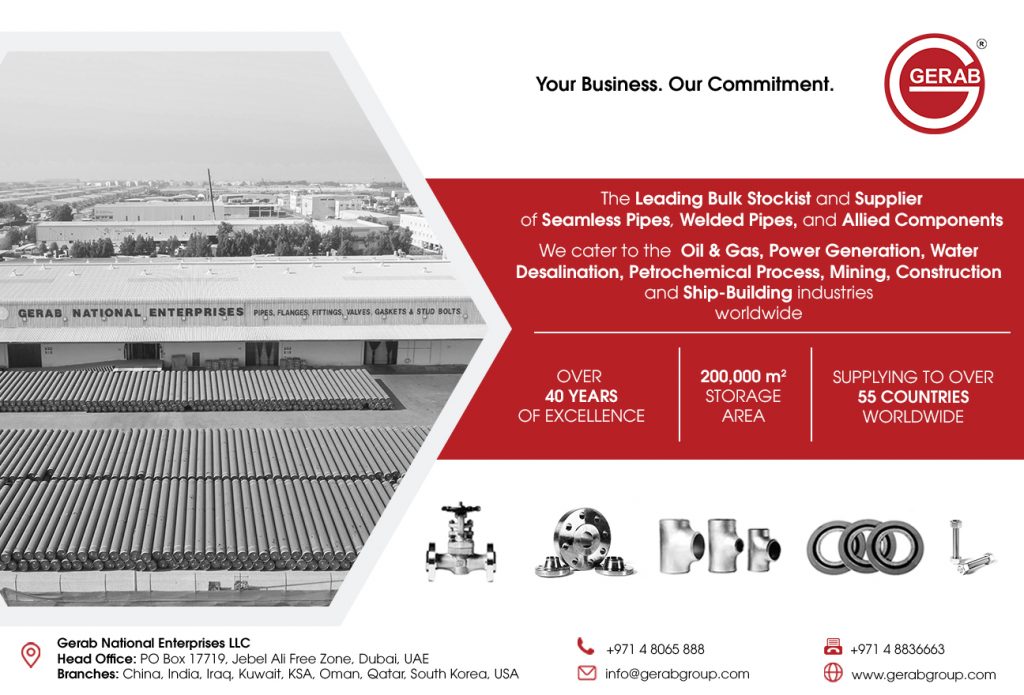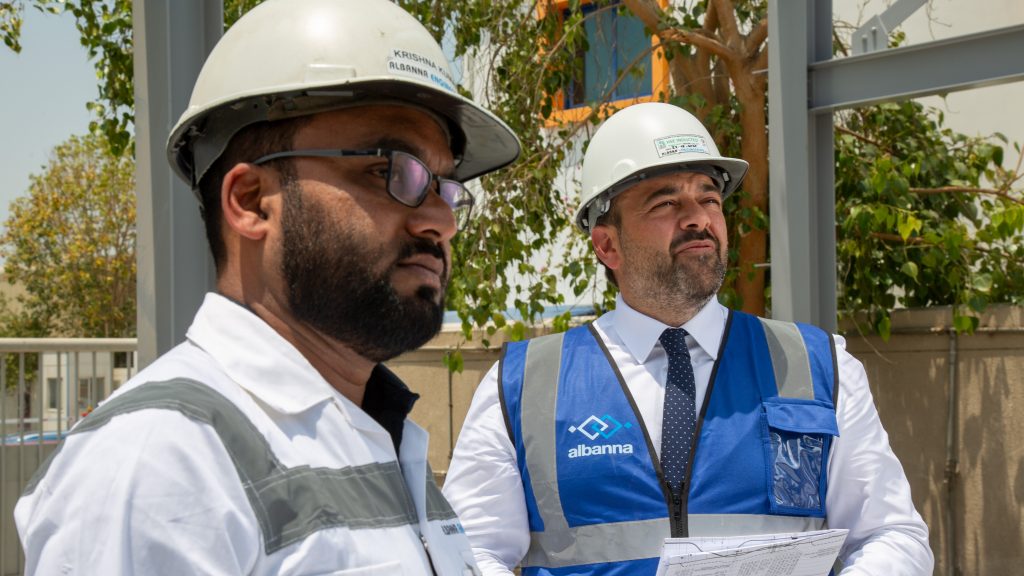When Abdel-Monem Assy was offered the position of CEO at Albanna Engineering and Construction in 2019, he was well aware that he was taking on a mammoth task. The company had more than 1,000 employees, a great client portfolio and more than 30 years of experience in the local market, which all looked good on paper.

However, in reality, the company was in desperate need of a major turnaround across all disciplines – finance, operations, digitisation, culture and execution. Fortunately, this was exactly what appealed to him.
The opportunity to deploy my knowledge and skills on such an extensive corporate renewal project was definitely the main attraction for me.
“I was drawn to the size of the challenge. The opportunity to deploy my knowledge and skills on such an extensive corporate renewal project was definitely the main attraction for me,” he tells The CEO Magazine. “I knew that I would be leaving my ‘comfort zone’ after more than 12 years with my previous employer, and I also knew that the turnaround was not going to be easy by any means.”
Abdel-Monem left behind the position of Director at SNC-Lavalin, Canada’s largest engineering firm – a role he had worked his way up to after starting off in the business as a Cost Engineer. That was his second job after graduating from Canada’s University of Montreal in 2005 with a degree in Industrial Engineering, having worked for four years with INDEVCO as a project engineer in between.
His appointment was essentially a breath of fresh air for the company. “The previous management had been in office for more than 15 years, and the company was not in a good position on several fronts,” he says.
Just weeks after Abdel-Monem came on board, he conducted a detailed evaluation and assessment process before laying out and launching the Revamp 2/55 plan. “The plan was based on an in-depth business and operation analysis and evaluation of our distinctive resources and capabilities,” he explains. The plan included both a short-term and a long-term strategy and focused on five main pillars.
The first was for Albanna to become a “lean company” by cutting unnecessary costs, reducing inventory and optimising its offering. Second was to become an agile company, making it quick to react and adapt. “It’s about producing efficiency rather than bureaucracy,” he shares.
Next up was smart business development by refocusing on the local market, targeting growth in Abu Dhabi, Fujairah and Sharjah, and homing in on its niche market, which has traditionally had difficult barriers to entry. Creating a sound culture was the fourth pillar, achieved by increasing communication and transparency as well as promoting “healthy conflict” within the team. The final step was taking the company from 20 per cent digital to 100 per cent as quickly as possible.
Although massive change was required, there were solid foundations to build upon. The company has been around since 1984 and in that time has worked on more than 700 successful projects in oil and gas, petrochemicals, refineries, ports, aluminium, smelters, process plants and infrastructure. “With more than 37 years’ expertise with all the top oil and gas companies, Albanna is the only 100 per cent locally owned company for mid-size engineering and construction pipelines, mechanical, civil and structural projects,” Abdel-Monem points out.
There are limited barriers to entry for small firms, so we shifted our focus to mid-size EPC pipelines, and mechanical, structural and civil projects.
Recognising that Albanna cannot compete with the multinational engineering, procurement and construction firms segment, it has instead established itself as a leader in the oil and gas contracting services sector in the UAE. “There are limited barriers to entry for small firms, so we shifted our focus to mid-size EPC pipelines, and mechanical, structural and civil projects,” he says.
Over the years, it has had to adapt to huge shifts in the landscape, particularly the ongoing turmoil of the pandemic. “The industry has changed drastically,” Abdel stresses. “After the financial crisis in 2008, everyone was confident the market would eventually pick up and at least return to normal. This time around, the COVID-19 pandemic has left some industries in an indeterminate state where only the strong and resilient would survive.”
For Abdel-Monem, the turning point came in May 2020, just two months into the pandemic in the region. “It was shortly after the drop in oil prices as worldwide demand for oil fell rapidly, and an oil price war erupted, which led to an unprecedented collapse in oil prices,” he recalls. “This triggered a quick adjustment of Albanna’s short-term strategy.”
Now his focus is firmly on helping the company recover from COVID-19, restabilising its financials and refocusing on growth while becoming more sustainable and 100 per cent digital. Working closely with partners is also top priority, with the strength of these ties crucial to Albanna’s success, according to Abdel-Monem.
To this end, it has been working closely with Gerab National Enterprises, a bulk stockist and supplier of seamless and welded pipes, as well as allied components for the oil and gas industries in the Middle East – a successful collaboration which has benefited both parties.

There is plenty to get on with, but even though his to-do list never seems to get shorter, Abdel-Monem is satisfied that the turnaround is well underway and credits this success to the “right combination of strategy, commitment and resilience”.
These are three things both he and the Albanna team have in no short supply, helping the company to tackle any unexpected challenges, which are also plentiful. “Although it sometimes results in extreme exhaustion, I love the fact that there has not been a dull moment since taking over the company. Problem after problem is always in a queue, waiting for some kind of resolution or direction,” he reveals. “If I sometimes used to feel that I wasn’t running at full capacity in previous employments, this has never been in question in my current role as CEO.”
Proudly supported by:




